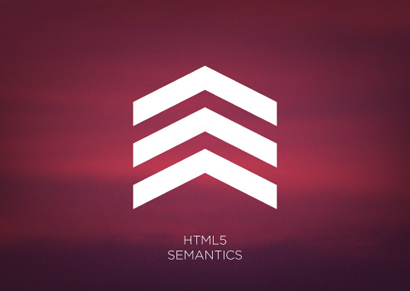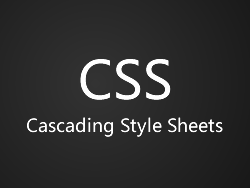Home >Web Front-end >CSS Tutorial >10 recommended articles about detailed explanations of attributes
10 recommended articles about detailed explanations of attributes
- 伊谢尔伦Original
- 2017-06-13 11:32:131325browse
HTML5 and CSS3 have developed rapidly in recent years. There are many big and cool websites at home and abroad using the latest technologies. The browsers of various manufacturers are becoming more and more compatible with them. There is a powerful property Transform in CSS3. With this feature, various special effects can be easily achieved. To quote a lyric, "Spinning, jumping, I won't stop." From the literal meaning, Transform means transformation. Its values mainly include rotation, skew, scale, translation and matrix transformation matrix. The following content will talk about this important property in CSS3. First, you can learn free courses related to php Chinese website 1. Watch the transform attribute in "CSS3 3D Special Effects Video Tutorial" 2. Learn the CSS3 transform conversion tutorial in "CSS3 From Beginner to Master Tutorial" transform attribute 1. About 2D plane transformation of CSS3 elements Implementation method of attribute transform CSS3 shape transformation allows
1. css3 Detailed explanation of transform attribute and summary of transform usage

Introduction: HTML5 and CSS3 have developed rapidly in recent years. There are many big and cool websites at home and abroad using the latest technologies. The browsers of various manufacturers are becoming more and more compatible with them. The better. There is a powerful property Transform in CSS3. With this feature, various special effects can be easily achieved.
2. Detailed explanation of event attributes of H5

##Introduction: HTML elements can have event attributes that trigger behavior in the browser, such as starting a piece of JavaScript when the user clicks an HTML element. The event attributes listed below can be inserted into HTML tags to define event behavior. Differences between HTML 4.01 and HTML 5 New events in HTML 5: onabort, onbeforeunload, onconte
3. CSS Tutorial (6) Detailed explanation of CSS properties in DW4

Introduction: The CSS style of Dreamweaver4 contains all CSS1 properties defined by the W3C specification. Dreamweaver4 combines these The properties are divided into eight parts: Type, Background, Block, Box, Border, List, Positioning, and Extensions, as shown below. We will explain each in detail. 1. Type (Type) The Type panel is mainly for text font, size,
4. Detailed explanation of the hight attribute in CSS

Introduction: This article explains some knowledge about the height attribute in CSS, what is the difference between percentage pixels, etc.
5. Detailed explanation of some commonly used properties of CSS

Introduction: Regarding CSS properties, I personally recommend that you check the manual for more details and convenience. I will classify several commonly used properties here and simply take a few common property values. It is only for people like me who are just learning the front-end as an introduction.
6. Detailed explanation of the content attribute in CSS3

Introduction: There are four main pseudo-elements in CSS: before/after/first-letter/first-line. In the before/after pseudo-element selector, there is a content attribute that can insert content into the page. Insert plain text content: "Insert article", or content:none does not insert content #html
This is h1
This is h2
#css h1::after{ . .7. Detailed analysis of usage methods and attributes of HTML embed tag

Introduction: This article mainly introduces the usage and attributes of HTML embed tags, focusing on the attributes of embed tags. Friends in need can refer to Next
8. java thread (1) - Detailed explanation of thread status and attributes

##Introduction: In the operating system, we use the time-sharing method to continuously switch and process multiple process tasks on the CPU, giving people the feeling of parallel processing. This method is called multi-processing in the operating system. Task. Multitasking extends the concept of multithreading at a lower level, which means that a program executes multiple threads at the same time. This kind of program that can run more than one thread at the same time is called a multi-threaded program. (1) Creating a thread 1. Creating a thread instance is worse than seeing it. Instead of talking about the various states of threads, let's directly demonstrate how to create a new thread. package Thread;/** *
9. angularJs detailed explanation of some unpopular attributes of directives

Introduction: Detailed explanation of some unpopular attributes of angularJs instructions
10. A brief discussion on the scope attribute of AngularJs instructions

Introduction: A detailed explanation of the scope attribute of AngularJs instructions
The above is the detailed content of 10 recommended articles about detailed explanations of attributes. For more information, please follow other related articles on the PHP Chinese website!

